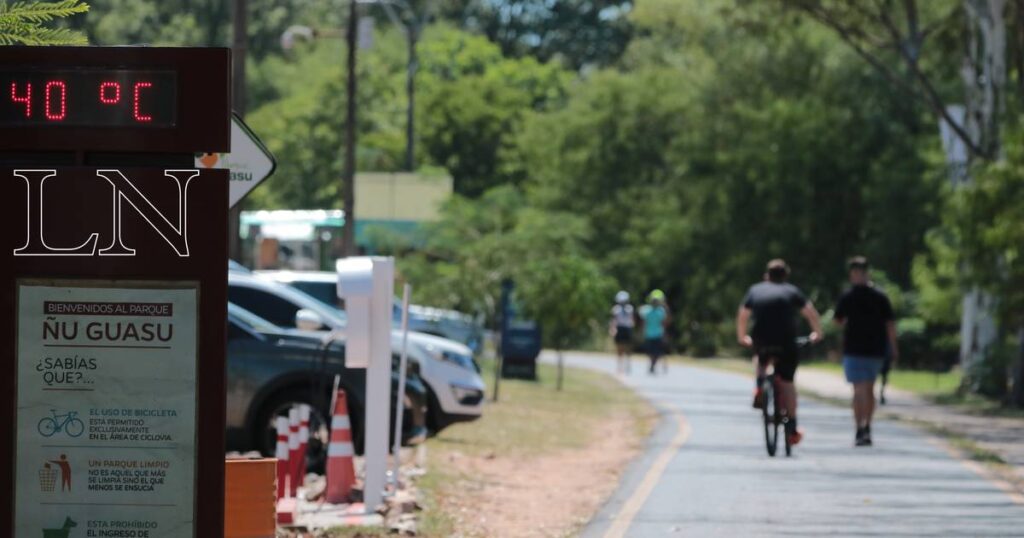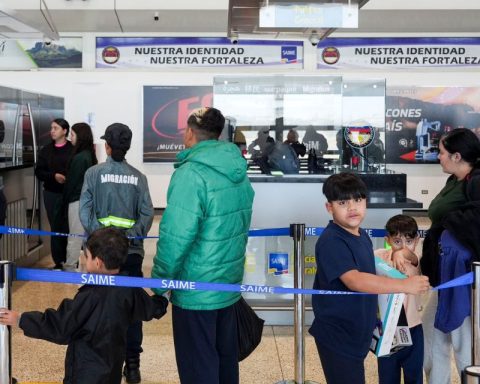jared laurels
Newspaper La Jornada
Saturday February 26, 2022, p. 10
The reform approved by the Senate for adolescents to work in the field is a recoil
since it could affect the best interests of children, as well as be in violation of Mexico’s agreements with the International Labor Organization (ILO) and the Treaty between Mexico, the United States and Canada (T-MEC), warned labor specialists and of human rights of agricultural day laborers.
Mónica Falcón, technical secretary of the Social Committee against the Exploitation of Children and Adolescents, pointed out that there is deep concern
because the opinion only limits that young people between 16 and 18 years old are not employed in agricultural work that involves the use of chemicals and dangerous machinery.
The concern, he indicated, is the interpretation that can be given to the modification to the Federal Labor Law (LFT), since could be justified
that it performs a task that does not use chemicals or heavy loads, but -he underlined- we don’t talk under what conditions he does it
: lacks protective equipment and social security, long hours, and continues to perpetuating this vicious circle of precariousness
in the countryside.
Last Wednesday, the upper house approved the reform to article 176 of the LFT, which prohibits agricultural, forestry, sawing, forestry, hunting and fishing work for minors, as long as it involves the use of chemicals, handling of machinery, heavy vehicles, and those determined by the competent authority
.
For her part, in a preliminary analysis, Graciela Bensusán, professor at UAM-Xochimilco, warned that with this decision the guarantee to prevent the exploitation of minors in the countryside is lost, and pointed out that Mexico has signed international commitments, such as the Pact International Economic, Social and Cultural Rights, in addition to ILO Convention 182, for the effective elimination of the worst forms of child labor.
Regarding the T-MEC, Falcón explained that in the labor chapter, in its article 23.3, it establishes that the member countries of the mechanism will adopt and maintain “in their laws and regulations (…) the effective abolition and prohibition of the worst forms of work childish”.
Isabel Margarita Nemecio, collaborator of the Center for Studies in International Cooperation and Public Management, pointed out that the reform of the LFT is not only about allowing young people to work in the field, but the main thing is that the modifications must be based on a comprehensive approach that guarantees their human rights.
He added that despite ILO Convention 182, agricultural child labor prevails in Mexico in small or medium-sized enterprises, ranches or cultivation areas that they recruit a certain number of workers, usually families, and almost all of their members work
. This situation, he said, occurs in Sinaloa, Zacatecas, Jalisco, Michoacán, Chihuahua, Colima and Nayarit, among other states.

















